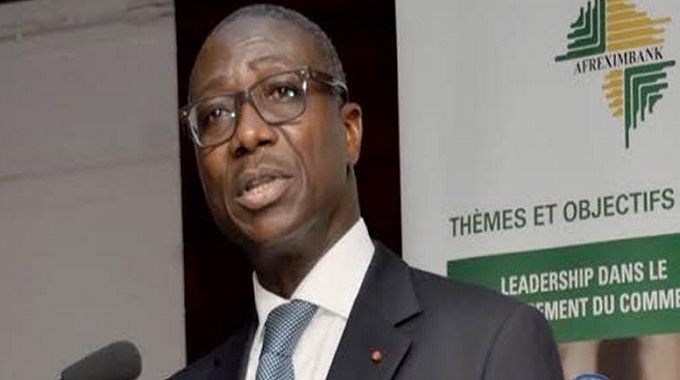Exporting raw materials, a colonial legacy to be broken

Kudzanai Sharara in Cairo Egypt
African countries must use the African Continental Free Trade Area (AfCFTA) to break the colonial legacy of exporting raw materials and importing finished goods, a senior official with the Intra-African Trade Fair (IATF2023) Advisory Council has said.
The AfCFTA is the world’s largest free trade area bringing together 55 countries of the African Union (AU) and eight (8) Regional Economic Communities (RECs) to create a single market for the continent.
It gives access to a market with 1, 3 billion people with a combined GDP of US$3,5 trillion, which is largely untapped.
The AfCFTA objective is thus to boost intra-Africa trade, particularly trade in value-added production and trade across all sectors of Africa’s economy.
Speaking at the ongoing Intra-Africa Trade fair underway here Jean-Louis Ekra, Deputy Chairperson of the Intra-African Trade Fair (IATF2023) Advisory Council and a former President of the African Export-Import Bank (Afreximbank), pointed out the unsustainability of African economies relying on natural resources and commodities, saying that this dependence made them vulnerable to adverse trade shocks, liquidity constraints and macroeconomic management challenges.
Zimbabwe, for example is paying the price for its over-reliance on the export of raw materials such as gold and platinum group of minerals that have been hit by low commodity prices.
At a recent pre-budget seminar, RBZ Governor Dr John Mangudya, said exports receipts were down by 9 percent due to low commodity prices.
Exporting raw commodities is a situation that needed to be addressed urgently.
“AfCFTA cannot fail, especially given that intra-African trade is estimated at 16 per cent” which was a level of trade that compared unfavourably with other regions,” said Mr. Ekra.
He said that the low level of intra-African trade was explained by constraints such as limited trade and infrastructure including payments and settlement systems, lack of access to relevant market information, limited knowledge about business, sustained investment opportunities and limited platforms to connect buyers and sellers.
Ekra urged African countries to recognise that the AfCFTA was the missing link the continent needed and that it presented many trade and investment opportunities in manufacturing, export development, SME promotion and trade in services.
Also speaking, Ali Basha, Minister Plenipotentiary from Egypt, welcomed guests to the conference and said that the panels hosted as part of the conference should not be missed. He urged all African nations to “work hand-in-hand to address the challenges of trade integration.”

